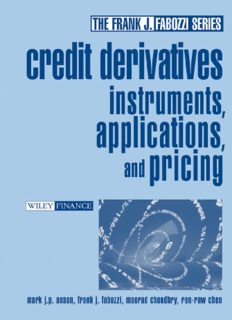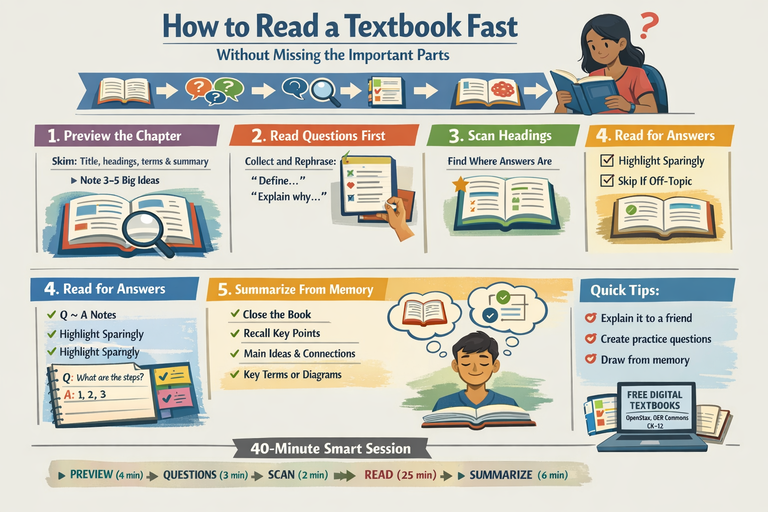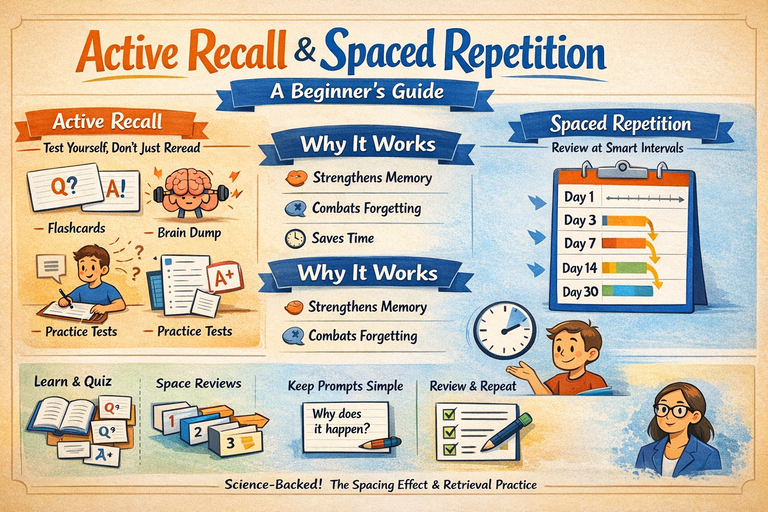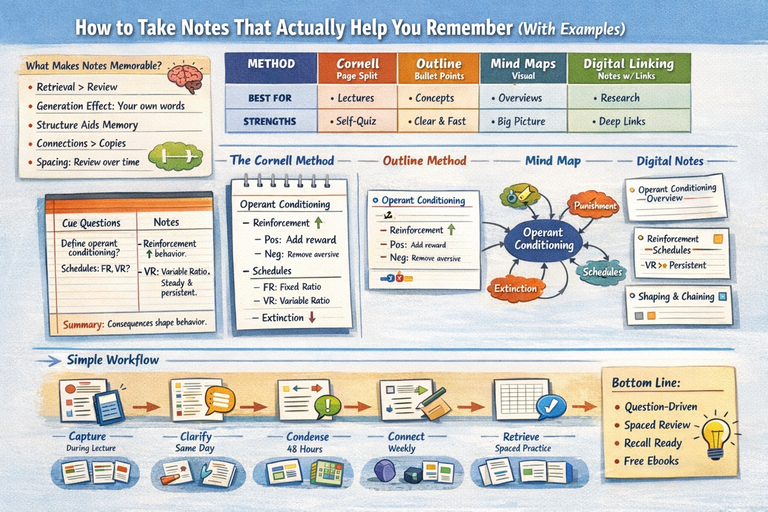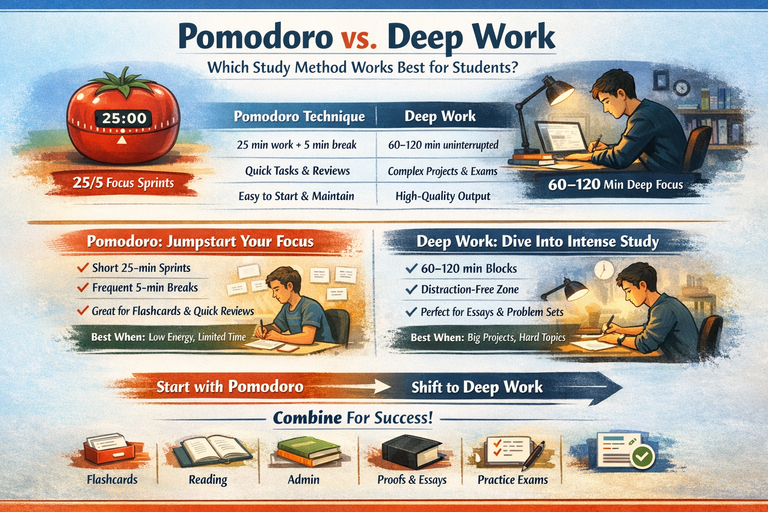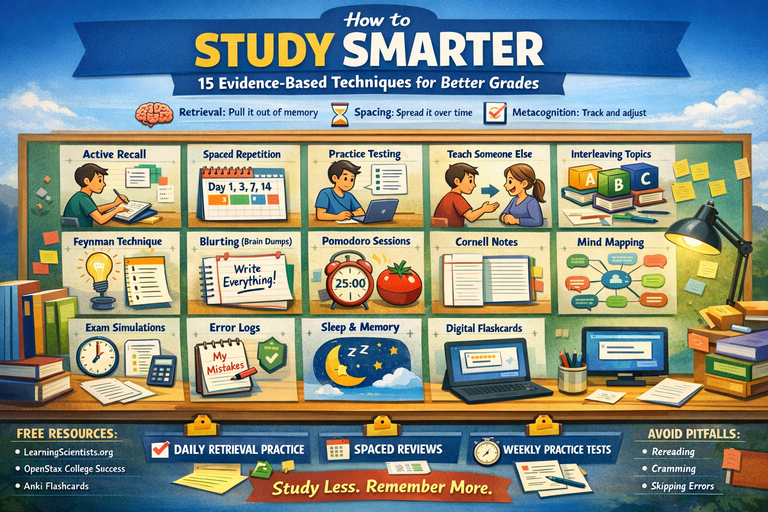Editing Your Manuscript: Self-Edit or Hire an Editor?
Finishing the first draft of your manuscript is an exciting achievement. You’ve spent weeks, months, or even years bringing your ideas to life on the page. But before your book can reach readers, it needs to be polished — and that’s where editing comes in.
Editing ensures your work is clear, consistent, and free of errors. It also shapes your book into its best possible version, improving flow, readability, and overall impact. The big question many authors face is whether to handle editing themselves or hire a professional editor. Both options have benefits and challenges, and the right choice often depends on your skills, budget, and publishing goals.
1. Why Editing Matters
Even the most compelling story or informative nonfiction will lose its power if it’s riddled with grammatical errors, inconsistent style, or clunky phrasing. Editing is not just about fixing typos — it’s about refining your manuscript so that it communicates effectively and keeps readers engaged. Good editing can catch structural issues, improve pacing, ensure consistency in tone, and even identify gaps in logic or missing information. Skipping or rushing the editing process can undermine all the work you’ve put into writing your book.
2. Types of Editing
Before deciding who should edit your book, it’s important to understand the different types of editing. Developmental editing focuses on the big picture: structure, plot, character development, pacing, and overall organization. This stage may involve significant rewriting or reordering of content. Line editing addresses sentence flow, word choice, and style, making sure the writing is clear and engaging.
Copyediting checks for grammar, punctuation, spelling, and consistency in formatting. Proofreading is the final step, catching any lingering typos or formatting errors before publication. Knowing which type(s) your manuscript needs will help you decide how much you can handle yourself and where professional help is worth the investment.
3. The Case for Self-Editing
Self-editing has the obvious advantage of being free. It also gives you complete creative control over every change. Many authors start with a self-edit because they know their work intimately and can spot issues others might miss. By self-editing, you can prepare a cleaner draft before involving anyone else, which can save time and reduce costs if you later hire a professional. Self-editing is also a valuable learning experience; the more you revise your own work, the better you become at writing cleaner first drafts in the future.
4. The Limitations of Self-Editing
The biggest challenge with self-editing is objectivity. After spending so much time with your manuscript, you’re likely too close to the work to see its flaws clearly. You may skim over mistakes because you know what you meant to write, or you might resist cutting scenes you love even if they slow the story.
Self-editing also requires strong grammar, style, and storytelling skills. Without these, you risk missing critical problems that could affect the reader’s experience. And if you plan to publish professionally, especially in a competitive market, readers will expect a level of polish that’s hard to achieve without outside help.
5. The Case for Hiring an Editor
Professional editors bring fresh eyes and expertise to your work. They are trained to identify weaknesses you might overlook, whether it’s a plot hole, an awkward sentence, or inconsistent character behavior. An editor can elevate your book’s quality, ensuring it meets industry standards and stands out in a crowded marketplace.
Hiring an editor also frees you from the stress of catching every error yourself, allowing you to focus on writing, marketing, or preparing your next project. For first-time authors, the feedback from an editor can be a valuable learning tool, helping you improve not just the current book but also your future writing.
6. The Limitations of Hiring an Editor
Hiring an editor is an investment, and costs can be significant — anywhere from a few hundred to several thousand dollars, depending on the length of your manuscript and the type of editing required. Finding the right editor takes time, and not every editor will be a good match for your style or genre. You’ll also need to be open to feedback, which can sometimes be hard to hear, especially if it involves substantial changes. If your budget is tight, you might have to choose between a less experienced editor or a more limited editing service.
7. Combining Both Approaches
For many authors, the best solution is a combination of self-editing and professional editing. Start by editing your manuscript yourself to catch obvious issues and improve clarity. Then, once you’ve polished it as much as you can, hire a professional for the type of editing your book still needs.
This approach ensures your manuscript is in strong shape before you pay for outside help, potentially reducing costs and making the editor’s job more efficient. Some authors also hire an editor for just a portion of the book as a trial run before committing to a full manuscript edit.
8. How to Self-Edit Effectively
If you decide to self-edit, give yourself some distance from the manuscript before starting. Setting it aside for a few days or weeks can help you see it with fresh eyes. Read through the book slowly and deliberately, making notes on pacing, character arcs, and clarity. Try reading sections aloud to catch awkward phrasing. Use editing tools like Grammarly or ProWritingAid to identify grammar and style issues, but remember these tools aren’t perfect. Consider printing your manuscript — reading it in a different format can help you spot errors you might miss on screen.
9. How to Choose the Right Editor
If you decide to hire an editor, look for one who has experience in your genre and type of writing. Ask for sample edits or references to ensure they understand your voice and style. Be clear about what you need — developmental editing, line editing, copyediting, or proofreading — and confirm pricing and timelines before starting.
A good editor should respect your voice while offering constructive feedback that strengthens your manuscript. Communication is key; you should feel comfortable asking questions and discussing changes.
10. Cost Considerations
Professional editing is an investment in your book’s success. Developmental editing is usually the most expensive, while proofreading is the least costly. Some editors offer package deals or payment plans, so ask about options. If your budget is tight, you might prioritize one type of editing now and plan to invest in others for future projects. Remember that editing is not just a cost — it’s part of the value you’re delivering to your readers.
11. The Role of Beta Readers
In addition to self-editing or hiring an editor, beta readers can be a valuable step in the process. These are people who read your manuscript before publication and provide feedback from a reader’s perspective. Beta readers can highlight confusing sections, identify plot holes, or point out where they lost interest. While not a replacement for professional editing, beta reader feedback can help you focus your revisions and make your book more engaging.
12. Knowing When It’s Ready
One challenge in editing is knowing when to stop. Perfection is impossible, and over-editing can strip away your voice. Set clear goals for your editing process, whether it’s eliminating typos, tightening prose, or improving pacing. Once you’ve addressed those goals and your beta readers or editor confirm it’s ready, it’s time to move forward to the next stage of publishing.
Conclusion
Editing is one of the most critical stages in turning a manuscript into a book readers will enjoy and recommend. Self-editing allows you to take control of the process, save money, and grow as a writer, but it comes with the challenge of limited objectivity. Hiring a professional editor brings expertise, fresh perspective, and industry-level polish, but it requires an investment of both money and trust.
For many authors, the best approach is to combine both — refining the manuscript yourself, then partnering with a skilled editor to take it to the next level. Whether you choose to self-edit, hire an editor, or use a mix of both, the key is to treat editing as an essential part of your publishing journey, not just an afterthought. The effort you put in now will pay off in a book that stands out for all the right reasons.


